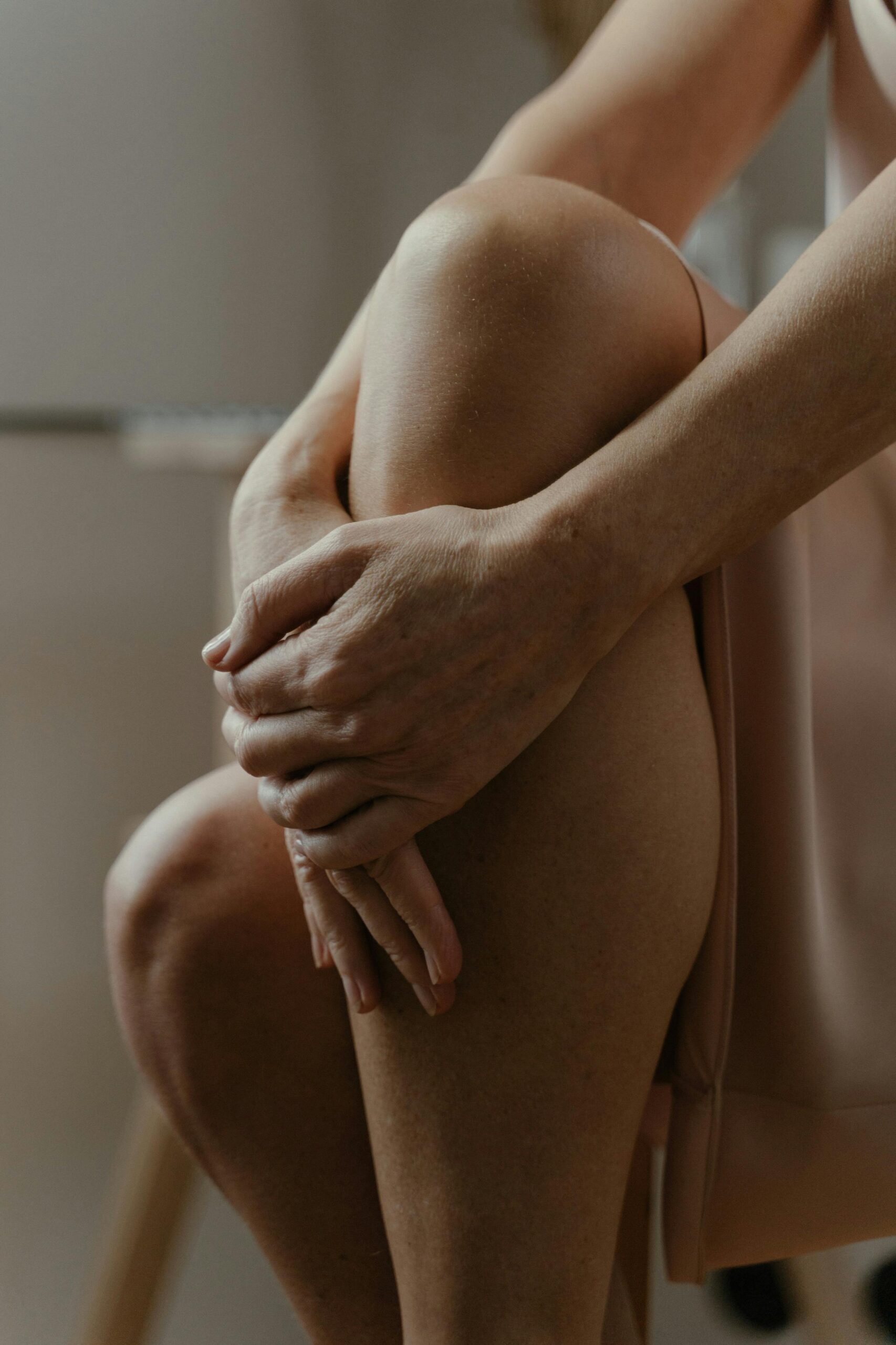For the last few years, body positivity has been the dominant narrative in the health and fitness space. And in many ways, it’s done incredible things — helping people reject toxic beauty standards, challenge diet culture, and embrace the bodies they’re in.
But here’s something I’ve been thinking about lately: even body positivity can feel like pressure. Especially when the message becomes, “You must love every single part of yourself all the time.”
The “beautify everything” trap
A lot of the messaging we see online tries to reframe every so-called flaw into something beautiful.
Stretch marks become tiger stripes. Cellulite is called soft and feminine. Acne is rebranded as “real skin.” We’re told to wear the bigger size with confidence, to smile at our bloated bellies, to call our rolls cute. And for some people, this genuinely helps.
But for others, it feels fake.
Because some days, your stretch marks are just stretch marks. Your bloating is uncomfortable. Your skin feels inflamed. Your body doesn’t feel like something you want to celebrate — and trying to force yourself to see every part of it as beautiful can be exhausting.
At the end of the day, this is still focusing on how your body looks. It’s just changing the label. And it keeps beauty as the end goal.
What if your body doesn’t need to be beautiful to be okay?
This is where body neutrality comes in.
Body neutrality is the idea that you don’t have to love your body to respect it. You don’t need to feel “empowered” every time you look in the mirror. You don’t have to convince yourself that you love every part of you to live a full, happy life.
Instead of asking, Do I look good today? the focus shifts to, How do I feel? What do I need?
Body neutrality gives you space to have days where you feel strong, and days where you feel flat — without it derailing your entire sense of worth. It’s less about appearance, and more about function. It’s less about love, and more about respect.
Letting go of the pressure to perform confidence
The goal of body image work isn’t to wake up every morning and think you’re a 10/10. It’s to get to a place where how you feel about your body doesn’t control your mood, your decisions, or your day.
You’re allowed to wear the comfier outfit. You’re allowed to feel neutral. You’re allowed to not love the way you look, but still feed yourself properly, move in a way that feels good, and show up for your life.
This doesn’t mean giving up. It means choosing peace over pressure.
Final thoughts
If body positivity hasn’t felt like the full answer for you, that doesn’t mean something’s wrong with you. You’re not doing self-love “wrong.” You might just need a different approach — one that gives you space to feel like a whole person, not just a body.

Comments +